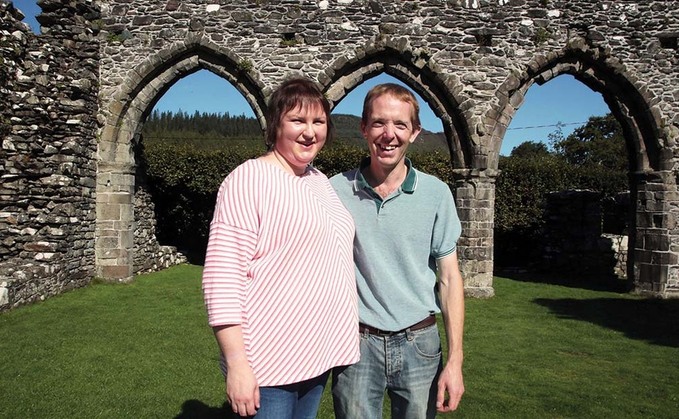
Caravan parks and camping grounds, in ordinary circumstances, provide many farms with a vital income boosting stream. Barry Alston finds out more. You either love them or loathe them. And for the motorist...

Caravan parks and camping grounds, in ordinary circumstances, provide many farms with a vital income boosting stream. Barry Alston finds out more. You either love them or loathe them. And for the motorist...
Choice of 9 x 2 Year Old Pedigree Charolais
